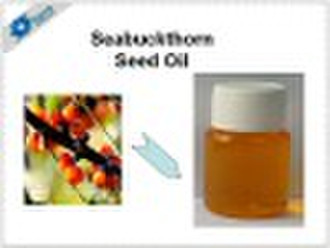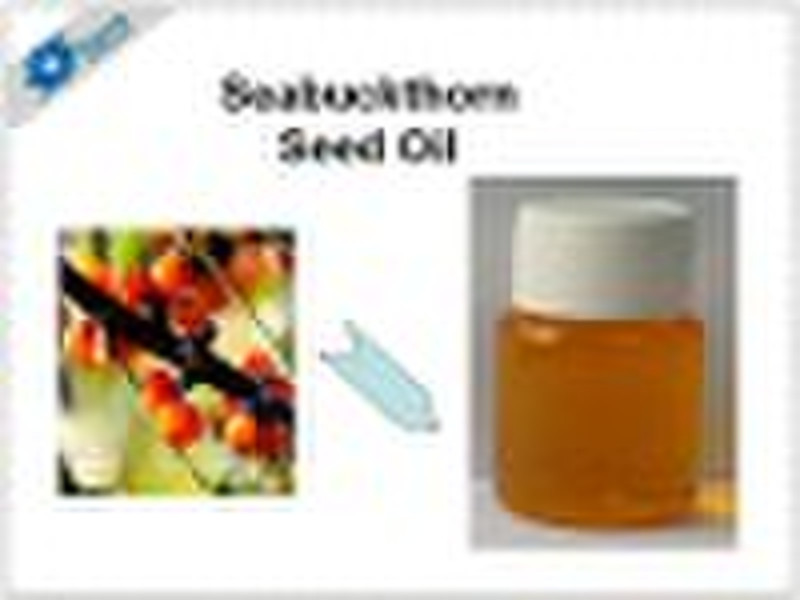Catalog
-
Catalog
- Agriculture
- Apparel
- Automobiles & Motorcycles
- Beauty & Personal Care
- Business Services
- Chemicals
- Construction & Real Estate
- Consumer Electronics
- Electrical Equipment & Supplies
- Electronic Components & Supplies
- Energy
- Environment
- Excess Inventory
- Fashion Accessories
- Food & Beverage
- Furniture
- Gifts & Crafts
- Hardware
- Health & Medical
- Home & Garden
- Home Appliances
- Lights & Lighting
- Luggage, Bags & Cases
- Machinery, Hardware & Tools
- Measurement & Analysis Instruments
- Mechanical Parts & Fabrication Services
- Minerals & Metallurgy
- Office & School Supplies
- Packaging & Printing
- Rubber & Plastics
- Security & Protection
- Service Equipment
- Shoes & Accessories
- Sports & Entertainment
- Telecommunications
- Textiles & Leather Products
- Timepieces, Jewelry, Eyewear
- Tools
- Toys & Hobbies
- Transportation
Filters
Search
seabuckthorn seed oil by CO2
original price: 45,00 USD
Guangzhou, China
Production capacity:
1000 Kilogram / Month

celine tian
Contact person
Basic Information
| Packaging | Drum |
|---|---|
| Place of Origin | Shanxi China (Mainland) |
| Grade | A++ |
| Brand Name | ENDLESS |
| Type | Herbal Extract |
| Form | Oil |
| Part | Seed |
seabuckthorn seed oil extract method:Supercritical CO2 Sea buckthorn is the record-holder among medicinal plants in high content in vitamins, polyphenols, isoprenoids and other biologically active compounds that interact each with other to exhibit synergetic effects. Hippophae oil is used in medicine in therapy of tumors, of skin disorders, gynecological and gastric diseases, in normalizing the body immunity. Items Specification Results Remark AppearanceOrange clear liquidConforms Visual AromaCharacteristic light odorConforms Visual Refractive index(20)1.46501.48001.4765 POV≤0.6 %0.2 AV≤12.0 mgKOH/g6.2 Linoleic acid & linolenic acid+,%≥5862.96 Moisture,%≤1.00.15 Heavy meter(As Pb)≤10 mg/kgConforms As (Arsenic) ≤1 mg/kg Conforms Total Bacteria <1,000cfu/g Conforms Packaging in net 1 kg/drum,25kg/drum HEALTH APPLICATIONS Sea buckthorn has been shown to have a potent antioxidant activity, mainly attributed to its flavonoids and vitamin C content (1). Both the flavonoids and the oils from sea buckthorn have several potential applications (2). There are five areas of research that have been focal points for their use: as an aid to patients undergoing cancer therapy; a long-term therapy for reduction of cardiovascular risk factors; treatment of gastrointestinal ulcers; internal and topical therapy for a variety of skin disorders; and as a liver protective agent (for chemical toxins) and a remedy for liver cirrhosis. Cancer therapy: Most of the work done in this area has been with laboratory animals. A group in India headed by HC Goel (at the Department of Radiation Biology, Institute of Nuclear Medicine and Allied Sciences, in Delhi) has published several reports on the potential of a hippophae extract (an alcohol extract, which would mainly contain the flavonoids) to protect the bone marrow from damage due to radiation; his group also showed that the extract may help faster recovery of bone marrow cells (3). In China, a study was done to demonstrate faster recovery of the hemopoietic system after high dose chemotherapy (with 5-FU) in mice fed the sea buckthorn oil (4). The seed oil has been found to enhance non-specific immunity and to provide anti-tumor effects in preliminary laboratory studies (5, 6). Cardiovascular diseases: In a double-blind clinical trial conducted in China (7), 128 patients with ischemic heart disease were given total flavonoids of sea buckthorn at 10 mg each time, three times daily, for 6 weeks. The patients had a decrease in cholesterol level and improved cardiac function; also they had less angina than those receiving the control drug. No harmful effect of sea buckthorn flavonoids was noted in renal functions or hepatic functions. The mechanism of action may include reduced stress of cardiac muscle tissue by regulation of inflammatory mediators (8). In a laboratory animal study, the flavonoids of sea buckthorn were shown to reduce the production of pathogenic thromboses (9). Some simple formulas based on sea buckthorn have been developed recently for treating cardiac disorders. For example, there is a liquid preparation of sea buckthorn flavonoids with carthamus (safflower) and licorice, called Ai Xin Bao (from the Shanxi Ai Xin Biological Technology Development Center), which is intended for use in treatment of coronary heart disease and sequelae of heart attack and stroke, through improving blood circulation and restoring cardiac function. Gastric ulcers: Hippophae is traditionally used in the treatment of gastric ulcers, and laboratory studies confirm the efficacy of the seed oil for this application (10, 11). Its functions may be to normalize output of gastric acid and reduce inflammation by controlling pro-inflammatory mediators. Liver cirrhosis: A clinical trial demonstrated that sea buckthorn extracts helped normalize liver enzymes, serum bile acids, and immune system markers involved in liver inflammation and degeneration (12). In addition, sea buckthorn oil protects the liver from damaging effects of toxic chemicals, as revealed in laboratory studies (13). Skin: An ingredient of the oil, palmitoleic acid, is a component of skin. It is considered a valuable topical agent in treating burns and healing wounds. This fatty acid can also nourish the skin when taken orally if adequate quantities of sea buckthorn or its oil are consumed; this is a useful method for treating systemic skin diseases, such as atopic dermatitis (14). The only other major plant source of palmitoleic acid is macadamia nuts; the oil is used to nourish the skin. Sea buckthorn oil is already widely used alone or in various preparations topically applied for burns, scalds, ulcerations, and infections. It is an ingredient in sunblock-hippophae oil has UV-blocking activity as well as emollient properties-and it is an aid in promoting regeneration of tissues (15). The fruit may also be used for benefiting the hair: the name hippophae, means shiny horse, and refers to the good coat developed by horses feeding off the plant.
Delivery terms and packaging
Packaging Detail: 1 kg/drum, 25kg/drum,180 kg/drum Delivery Detail: 3 days
Port: GUANGZHOU
Payment term
Letter of credit
Telegraphic transfer
Paypal
Western Union
-
Payment Methods
We accept:









